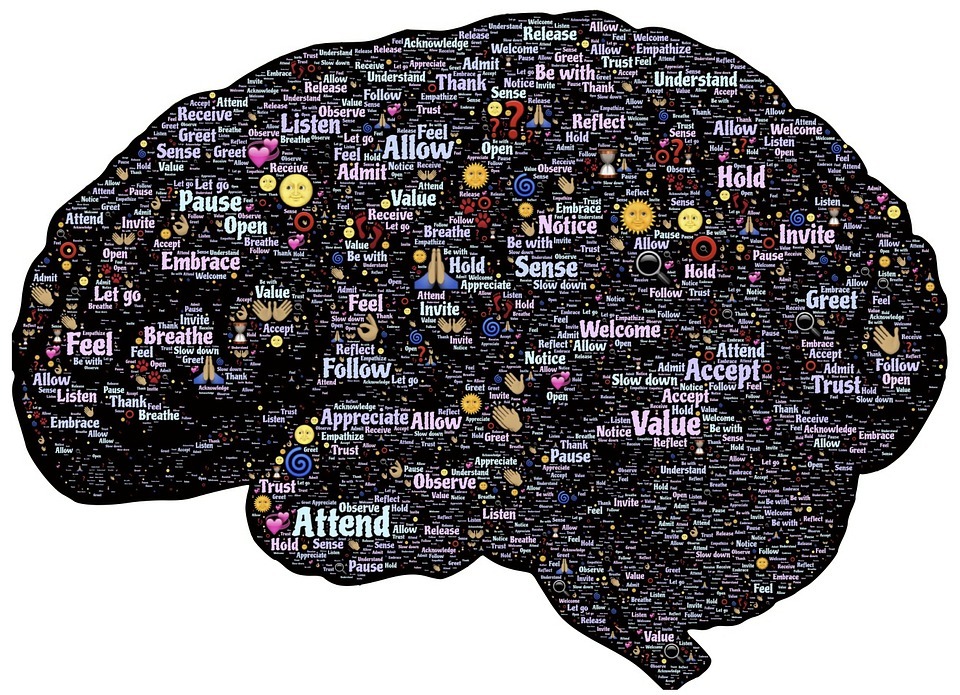Wit is something not new to people. It has been used for many years and can be seen or heard on many occasions. It is also often seen on televisions shows and movies. But what is wit, and why is it important?
Wit came from an old English word, wit, which stands for the phrase “to know.” It is one of the literary devices used to make the statement more interesting and clever. As time passed by, the meaning of wit kept evolving. However, wit is related to laughter and cleverness.
People usually associate it with humor when asked what “wit” is. They are similar as they use clever and funny remarks, but there is a difference between wit and humor.
Wit is a striking and sharp kind of humor, which is very notable when you hear it. People using wit usually utter excellent comebacks, funny banters, and short jokes. It may sometimes be insulting on the other person’s part, but that’s what makes wit an interesting remark.
The main thing about witty statements is that they often take a bit of your time to understand. They can sometimes be challenging to comprehend, which is why they may go over someone’s head for a long time. However, after realizing what they meant, witty remarks can give you a good laugh.
Witty statements are like a time bomb. They only go off, or you only get it once your mind processes everything that has been said. So wit can be different for people – it’s subjective.
The way you understand wit depends on the level of wittiness you have. For some, it may be easy to comprehend, but it might take a while for others to process. For other people, witty remarks may be clever, but for others, it may be just a simple statement.
You may notice that witty remarks contain paradoxes. A paradox is a self-contradictory remark that, with deeper understanding, can usually be found true. Witty remarks usually use paradox statements and unexpected turns of phrases so that they’ll turn out exciting and pleasing to the readers or listeners.
Before, people who were witty or could produce witty remarks were seen to be intelligent, as wit can be one trait that denotes intelligence. Yet, nowadays, wit can usually be seen in different forms of literature – in books, movies, and the like. Aside from that, they are also often used in speeches and even in formal writing.
Aside from having a paradoxical quality, a witty remark can also be a funny mocking remark. A witty statement can be harmless when used or constructed appropriately. It uses many metaphors, puns, oxymorons, arguments. A witty message can be fun for everyone if you know how to construct and weave your words correctly.
Wit may be a harmless remark or can also be an aggressive one. It may be a derogatory statement toward someone or not. Nevertheless, wit is an excellent and clever remark essential when speaking or writing.
IMPORTANCE OF WIT
It helps catch people’s attention
They sometimes use wit to indicate a character’s intelligence in a story for literary works. It is also essential to catch readers’ attention. Witty statements can be beneficial in giving enjoyment to the readers.
When the readers have a good laugh, they tend to enjoy the literary work until the end. Aside from that, witty remarks may provide the readers with an understanding at a deeper level.
It makes you more likable
Being witty can help lighten the mood or the environment. Being a witty person helps you appear more likable to the people around you. Spitting out witty remarks from time to time may help you feel more comfortable and less awkward with the crowd.
Not being awkward towards other people can help you gain a good impression, so the people around you will think of you as an easily likable person that is very fun to hang around with.
It helps in being creative
Wittiness helps in improving creativity. When trying to construct a witty remark, you are using your creativity. You are thinking of what words, phrases, figurative language to use – you are thinking outside the box.
Being witty does not only mean that you say witty remarks more often than usual. It also involves a lot of thinking, creativity, and learning the art of wit.
It makes your brain work
Being witty helps you mentally. When stressed, a witty person tends to use their brain harder. They usually use wit in dealing with challenging situations and help you find your way out of difficult times.
Wit helps you see things differently – a half-empty glass, for a witty person, is half-full. Wittiness is vital in exercising your mental well-being and helps you remain composure during tough times.
It helps in building trust
It is easy to trust someone when that person is witty with a light aura. If you have are a sharp-witted person, it is easy to connect with other people and gain their trust and friendship.
When you are a dull person, people can sometimes be reserved when talking to you, and they often think twice about sharing things with you. But being a witty person makes you create better friendships and relationships easily.
It helps reveal the meaning of your words
If you extend a message to other people, they must understand what you mean. As the sender of the message, it is up to you to ensure that you’re understood by other people the way you want them to understand you. So using wit to show the meaning of your message is an intelligent way to do so.
Using wit will help people understand your message with more depth and will help them easily relate to your message.
It makes people happy
Using wit helps in making people happy. Since witty remarks can be very clever and funny, it gives people a happy mood. It is a great way to bring comfort and smiles to people going through difficult situations.
Sometimes, people usually use wit as a coping mechanism. It helps lighten the situation you’re going through and gives you a good laugh from time to time. Witty remarks may provide hope and encouragement that you’re going to make it.




